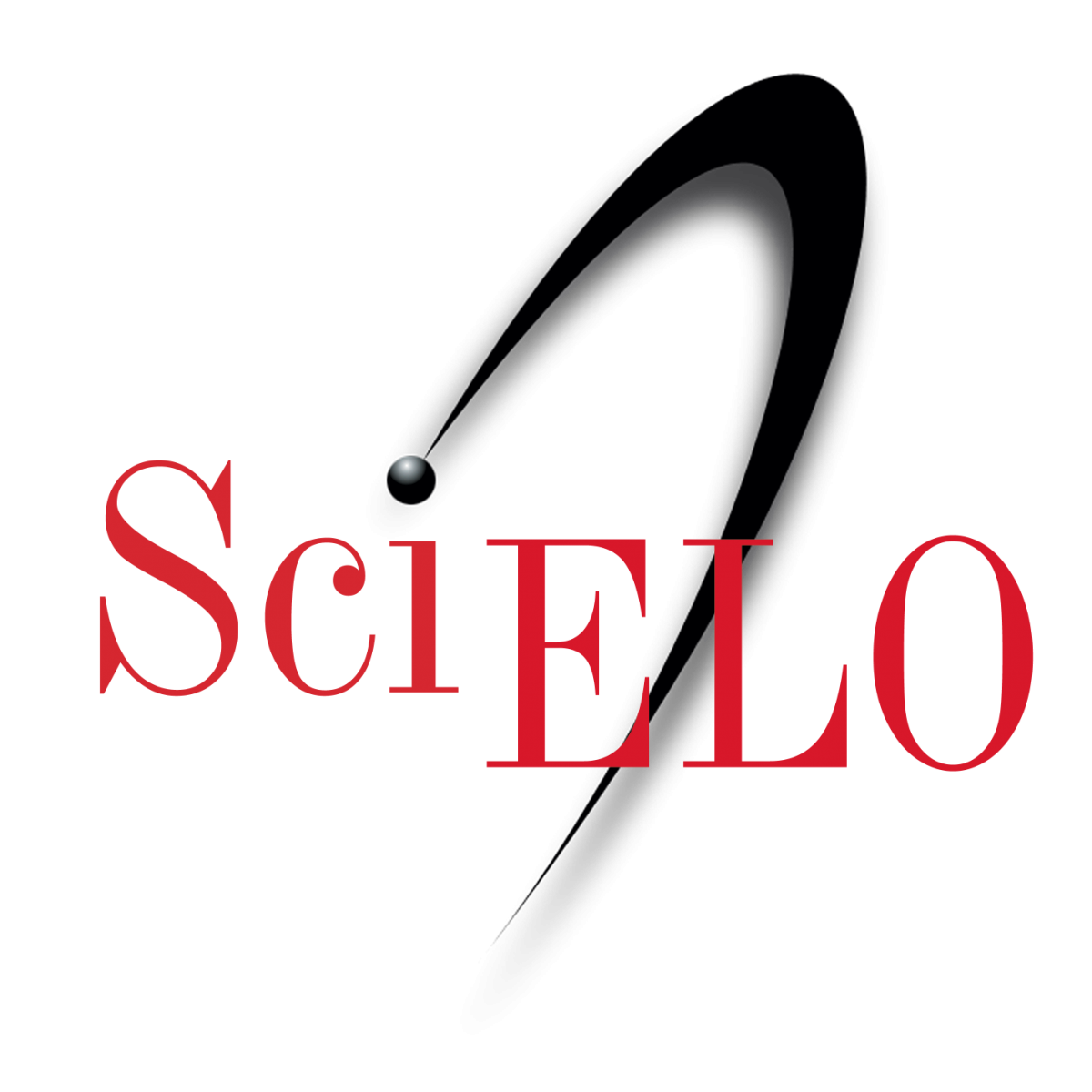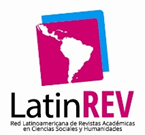Playfulness, learning and socio-emotional development: a look at early childhood
DOI:
https://doi.org/10.21703/rexe.v22i49.1545Abstract
The purpose of this study is to analyze pedagogical experiences of a playful nature implemented by Preschool Educators at the level of learning and development of socio-emotional skills in early childhood in the province of Osorno, Chile. From the methodological point of view, the research is carried out under a qualitative research approach, with a descriptive and interpretive analysis perspective, producing information through an open questionnaire and a focus group with Preschool Educators belonging to educational institutions with some degree of state funding. The methodological perspective of analysis is the Grounded Theory of Glaser and Strauss with contributions from Corbin (Schettini & Cortazzo, 2015). The research has been structured in phases; the first of them is a theoretical and conceptual approach, a second, of a contextual descriptive nature and the third, of analysis of results and discussion. In conclusion, the importance and benefits of the Playful Pedagogical Experience (EPL) within the teaching and learning process of girls and boys are evidenced, responding to their characteristics and needs, which generates various benefits to enhance curiosity, development , the willingness to learn, socialization, creativity and imagination in a learning context and the comprehensive development of socio-emotional skills, which allow learning to be protagonists in a playful context.
Downloads
References
Alcalay, L., Berger, C., Milicic, N., y Fantuzzi, X. (2012) “Aprendizaje socioemocional y apego escolar: Favoreciendo la educación en diversidad”. En I. Mena. M.R. Lissi, L. Alcalay y N. Milicic (eds.), Diversidad y educación: miradas desde la psicología educacional (pp. 47-68). Santiago: Ediciones Universidad Católica.
Arancibia C, V., Herrera P, P., y Strasser S, K. (2008). Manual de psicología educacional (6a ed.). Ediciones UC.
Badesa, S. (2007). Proceso Metodológico de una Investigación en Animación Sociocultural. 85-112 En G. Pérez Serrano. modelos de investigación cualitativa en educación social y animación sociocultural: aplicaciones prácticas. Narcea Ediciones. https://www.digitaliapublishing.com/a/40992
Subsecretaría de Educación Parvularia MINEDUC. (2018) Bases Curriculares de Educación Parvularia.
Biermeier, M. A. (2015). Inspired by Reggio Emilia: Emergent Curriculum in Relationship-Driven Learning Environments. Young Children, 8.
Convención sobre los derechos del niño (1989) Editado por el Instituto Nacional de Derechos Humanos de Chile.
CASEL. (2019). MARCO DE SEL DE CASEL: ¿Cuáles son las áreas de competencias principales y dónde se promueven? https://casel.s3.us-east-2.amazonaws.com/CASEL-Wheel-Spanish.pdf
CEM. (2019). Resumen Estadístico de la Educación. https://centroestudios.mineduc.cl/wp-content/uploads/sites/100/2020/02/Resumen-Estadi%CC%81stico-de-la-Educacio%CC%81n-2019-FINAL_f01.pdf
Fernández-Oliveras, A., y García-Pete, L.C. (2015) Juego, Educación Infantil y Ciencias Experimentales en la Literatura Educativa. Reidocrea, monográfico: 1-12. http://hdl.handle.net/10481/37109
Glaser, B.G. y Strauss, A.L. (1967) The Discovery of Grounded Theory: Strategies for Qualitative Research. Chicago: Aldine.
Huizinga, J. y Imaz, E. (2000). Homo ludens. Alianza Editorial Emece.
INE. (2017). Resultados CENSO 2017. http://resultados.censo2017.cl/Region?R=R10
Jiménez. C. A. (2000). Cerebro Creativo y Lúdico: hacia la construcción de una nueva didáctica para el siglo XXI. Cooperativa Editorial Magisterio.
Subsecretaria de Educación Parvularia. MINEDUC. (2019) Marco para la Buena Enseñanza Educación Parvularia.
Mujica, F. N., y Orellana, N. C. (2019). Emociones en educación física desde la perspectiva constructivista: análisis de los currículos de España y Chile. Praxis & Saber, 10(24), 297-319. https://doi.org/10.19053/22160159.v10. n25.2019.8468
Naciones Unidas. (1989). Convención sobre los Derechos del Niño. https://www.ohchr.org/sp/professionalinterest/pages/crc.aspx
Payá Rico, A. (2013). Aprender deleitando. El juego infantil en la pedagogía española del siglo XX. Learning by Enjoying: Children’s Play in the 20th Century Spanish Pedagogy., 65(1), 37-46.
Pérez Gallardo, E. y Gértrudix-Barrio, F. (2021). Ventajas de la gamificación en el ámbito de la educación formal en España. Una revisión bibliográfica en el periodo de 2015-2020. Contextos Educativos. Revista de Educación, 28, 203-227. https://doi.org/10.18172/con.4741
Silvana Franco, M., Garbarino, A., y Pechín, C. (2016). El lugar del juego en la transición entre Nivel Inicial y Nivel Primario. Las voces de los actores, 13(13), 94-107.
Schettini, P. y Cortazzo, I. (2015). Análisis de datos cualitativos en la investigación social. D - Editorial de la Universidad de La Plata.
Downloads
Published
Issue
Section
License
Copyright (c) 2023 Catalina Esparza Cruzat, Daniela Lueiza Paredes, Roberto Canales Reyes

This work is licensed under a Creative Commons Attribution 4.0 International License.
Open Access Policy
This journal provides immediate open access to its content, based on the principle that offering the public free access to research fosters greater global knowledge exchange.
License
The REXE Journal, “Journal of Studies and Experiences in Education,” published by the Faculty of Education at the Universidad Católica de la Santísima Concepción, is distributed under a License. Creative Commons Atribución 4.0 Internacional.






